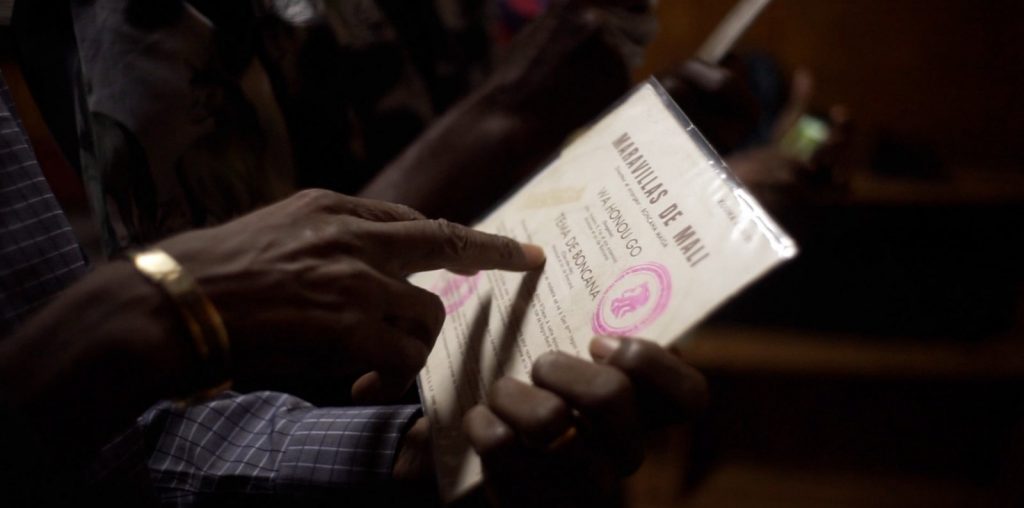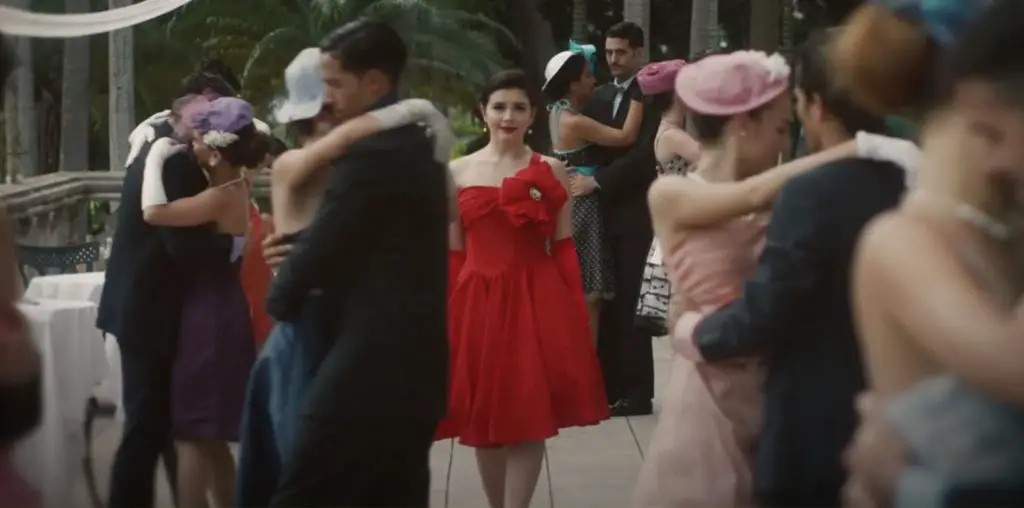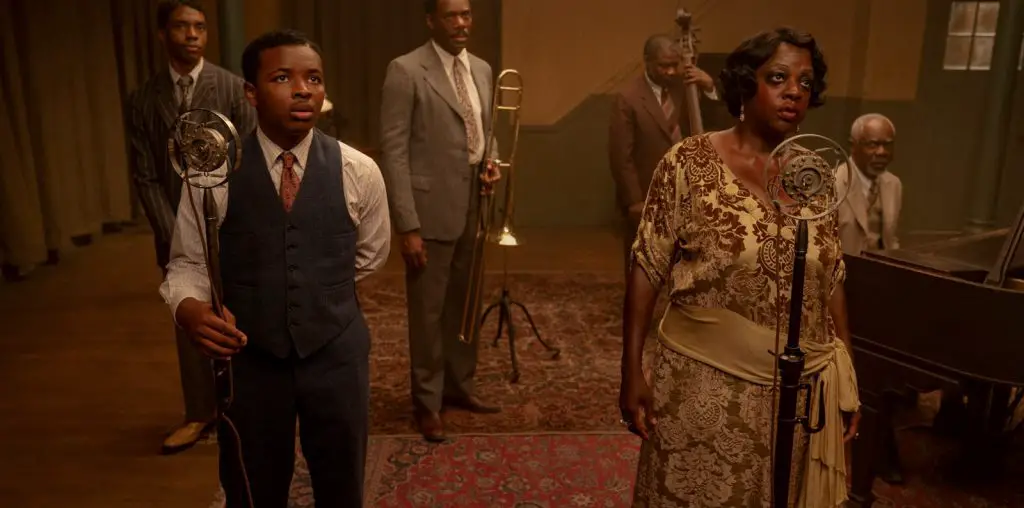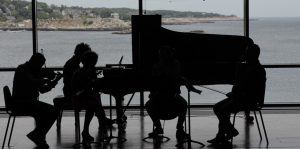
The documentary Los Hermanos/The Brothers tells the bittersweet story of two virtuoso Cuban musicians, brothers Aldo and Ilmar López-Gavilán. Both were born in Cuba, but Ilmar left to pursue an education and career in music in New York City, while Aldo studied in England but returned home to teach and play in Cuba. He still lives in Havana, in fact.
Aldo is a pianist of unearthly skill and talent. Ilmar is a violinist of the highest caliber. Their father, Guido López-Gavilán, is a composer, conductor, and music educator who is well known and adored in Cuba. Their mother, Teresita Junco, was a celebrated concert pianist. Guido says that his sons were practically condemned to a life of music, but they are both exceptionally well suited to it and happy in their passions and careers.
As satisfying as their lives are, Aldo and Ilmar still deal with the cultural rift caused by the political strife between the U.S. and Cuba. The warming of relations during the Obama administration was a brief respite that showed the world what was possible, only to have that door slammed shut again during the dark days of Trump. The brothers are involuntarily estranged for long periods. Los Hermanos/The Brothers shows Ilmar’s first trip to Cuba in decades, and later we ride along with Aldo and his family coming to the States and watch their astonishment at the sensory overload that is NYC.
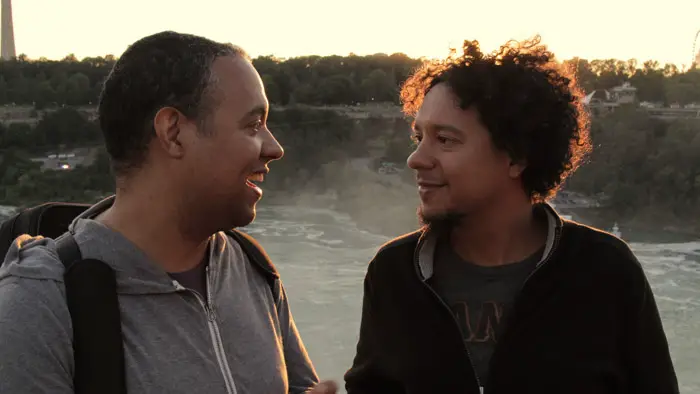
“…the bittersweet story of two virtuoso Cuban musicians…”
The family drama is engaging as we learn how they deal with the politics, the distance, the difficulties in communication and travel, and the mild, lingering resentment each brother harbors. Aldo is jealous of Ilmar’s life of privilege and plenty in the U.S., while Ilmar covets his brother’s connection with their home country and closeness to their family. Each has made a trade-off, from which they have gained greatly, but has paid a terrible price as well.
Directors Marcia Jarmel and Ken Schneider have wisely devoted a large chunk of Los Hermanos/The Brothers to sharing Aldo and Ilmar López-Gavilán’s sublime music us. We see early performances of them together and individually, and then as they come together to play again for the first time in decades. They look for a studio to record an album together, and we follow that quest. Aldo plays Jazz as well as classical piano, while Ilmar blends his violin playing into popular standards.
The Afro-Cuban roots of their lives and the music from Havana give both brothers a genetic sense of Classical and Jazz, resulting in an exciting variation on what American listeners are accustomed to. There’s a fiery rhythm and life infused into their music that fuels a passion that results in a unique musical texture. It’s comforting and familiar, with enough difference to feel new. Aldo plays piano at the speed and intensity of Billy Joel in the middle of a 3-day coke bender, which is impressive. At the same time, Ilmar’s blending of the violin into different compositions is a delight.
The soundtrack alone makes Los Hermanos/The Brothers worth watching, but Jarmel and Schneider also show us how American exceptionalism and isolation are denying us the gifts of art that come from being an engaged participant in the world. Listening to Aldo and Ilmar López-Gavilán play may help us understand how much more important the blending of cultures is than any benefit of clinging to an outdated political ideology.
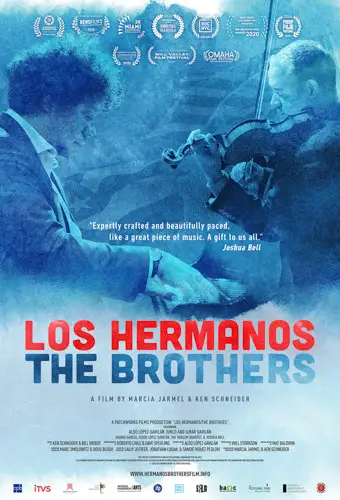
"…there's a fiery rhythm and life infused into their music that fuels a passion..."
